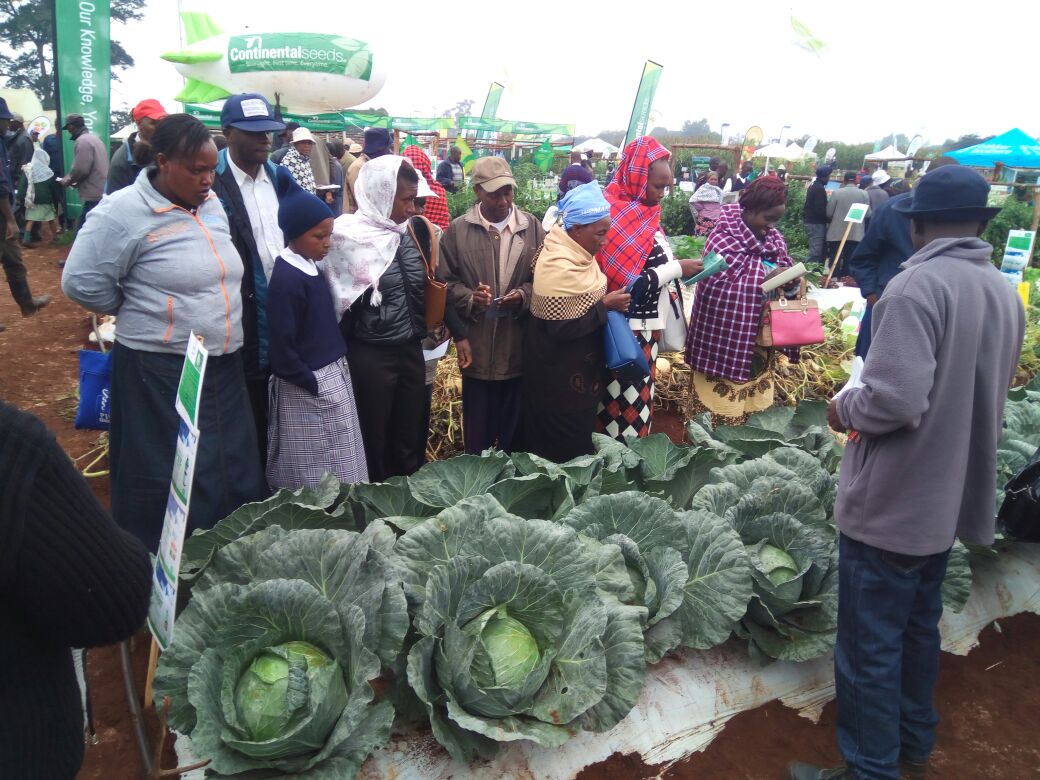The Kenya Agricultural and Livestock Research Organization non-ruminant research institute Naivasha center has rolled out another training session for firsthand poultry farmers, extension officers, supervisors and trainee farmers/ farm managers on indigenous chicken management.
The trainings will run from the month of July 2018 to May 2019, four days a month on selected dates depending on the applicants’ convenience.
The livestock sector contributes 7.9 to 10 per cent GDP to the Kenyan economy, while it is estimated that the poultry industry contributes about 1.7 per cent. Over the years, the industry has grown considerably with over 70 per cent of the country’s population deriving their livelihoods from it.
Related
KALRO gives Busia farmers 55,000 free guava, gooseberry and jack fruit seedlings
KALRO launches 14 more mobile applications for different crops production
New KALRO poultry vaccines don’t need fridges to store

KALRO indigenous chicken
Indigenous chickens are becoming popular with Kenyan consumers and demand has increased due to urbanization and increased human population. These chickens are the most abundant livestock species among smallholder farmers in Kenya, who rely heavily on them for food and income from sales. On the other hand, demand is shifting towards traditional indigenous chickens due to consumer health awareness and sensitivity for the many benefits of organically produced food products.
The chickens are known to be resistant to a wide range of poultry diseases, able to adapt well to different management systems including free-range and extensive systems. Their eggs are nutritionally superior to those from commercial layers and improved indigenous chickens.
In February 2016, Kenya Agricultural and Livestock Research Organization (KALRO) unveiled a high yielding, fast maturing , east to maintain and disease resistant indigenous chicken variety that has the ability to lay 220-280 eggs in a year which is double the yield capacity of ordinary indigenous chicken.
Since the unveiling, the research institute has provided training to over 2,500 farmers from all the counties in an aim to enhance their performance and overall productivity. The short training provides an exceptional background into the “what”, “why” and “how” on improved indigenous chicken management. The four training provides a hands on practice where farmers, extension officers, supervisors and farm managers are taken through all phases of indigenous chicken production with an agribusiness point of view. They are taken through theoretical classes in the morning sessions and practical work in the afternoon based on what’s been learnt in the morning session.
The training is a four day hands on practice where farmers and other interested parties are taken through all the aspects of Indigenous Chicken production, though with an agribusiness point of view. Participants are engaged in theoretical classes in the morning sessions, and then the afternoon is spent on practical work based on the morning sessions.
The training costs Sh20, 000 that caters for meals, training materials and certification. Short trainings will be arranged on demand for group bookings.
The poultry industry has a great potential towards increasing household incomes, creation of employment and ensuring food and nutrition security. However, this potential can only be grasped if improved strategies and technologies are put in an all-inclusive manner along the poultry value chain.
Kenya’s Vision 2030 places great importance on value addition in agriculture and livestock as a means of raising rural household incomes as captured by the sector's driving strategy, the Agricultural Sector Development Strategy 2010-2020.
Write comment (0 Comments)



 Canola plants and oil. The oil has more omega 3 and 6 than olive oil.Consumption of this oil cures arthritis,coughs, stomach ulcers and reduces cholesterol in the blood. Photo file.
Canola plants and oil. The oil has more omega 3 and 6 than olive oil.Consumption of this oil cures arthritis,coughs, stomach ulcers and reduces cholesterol in the blood. Photo file.











